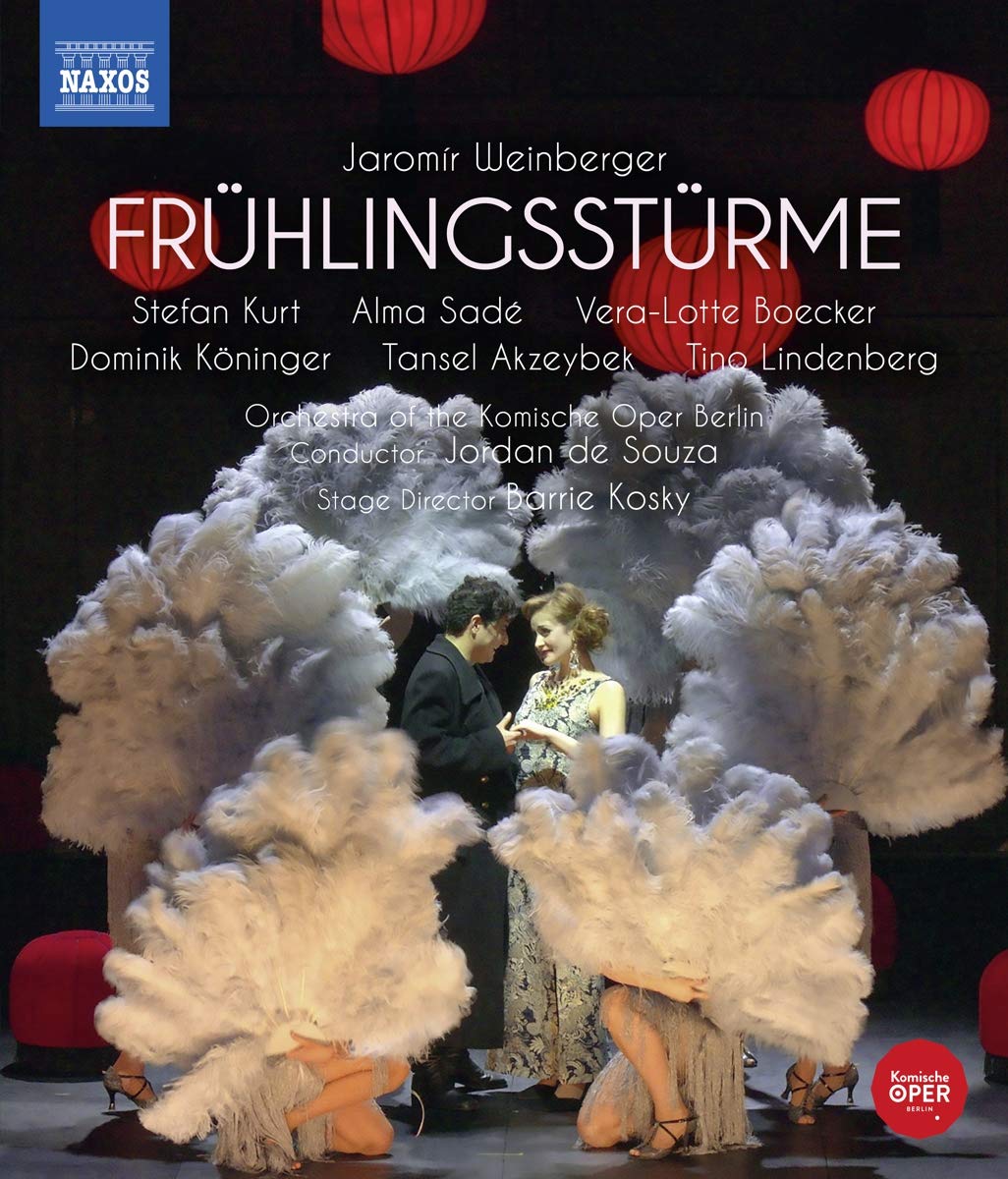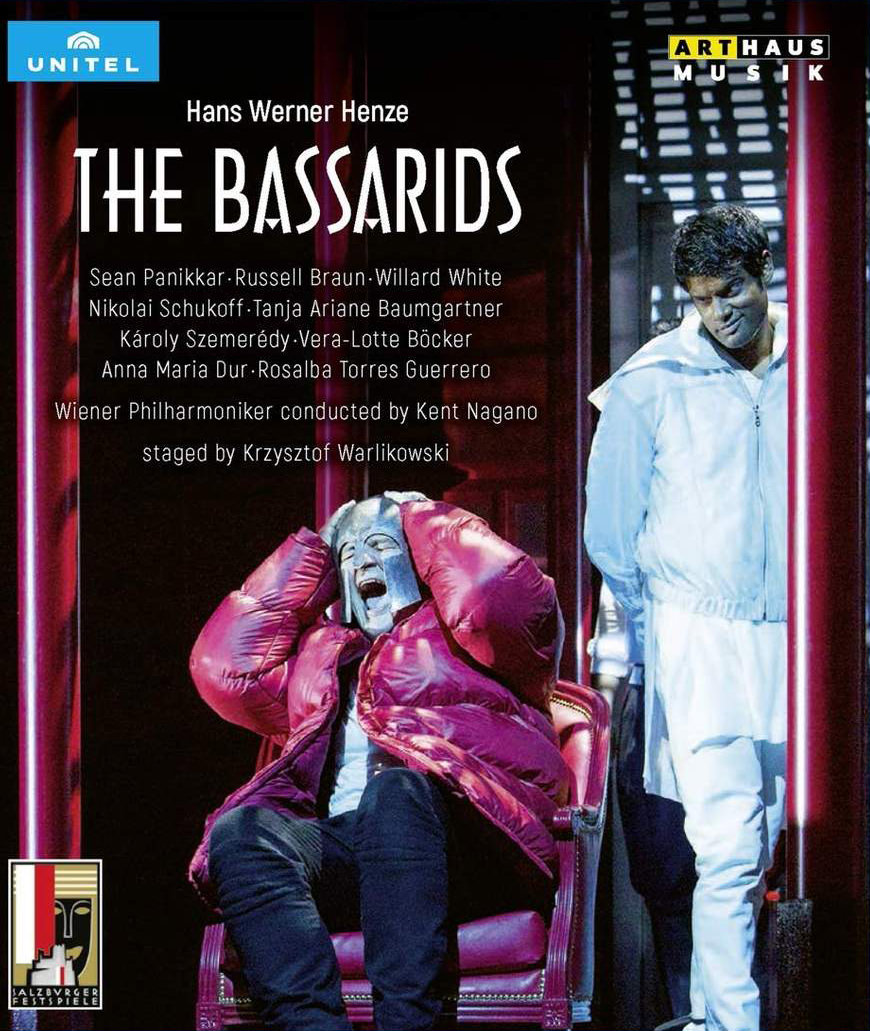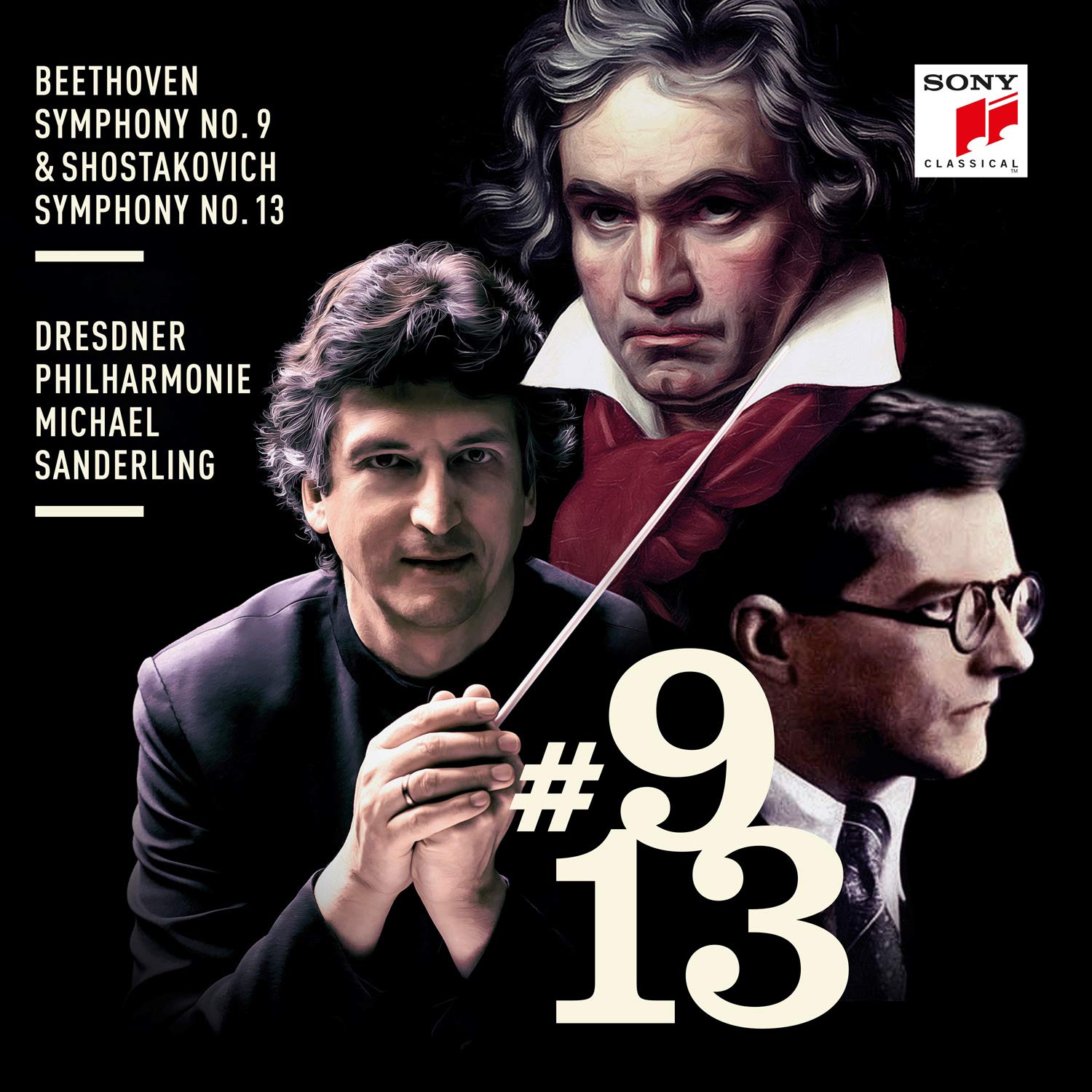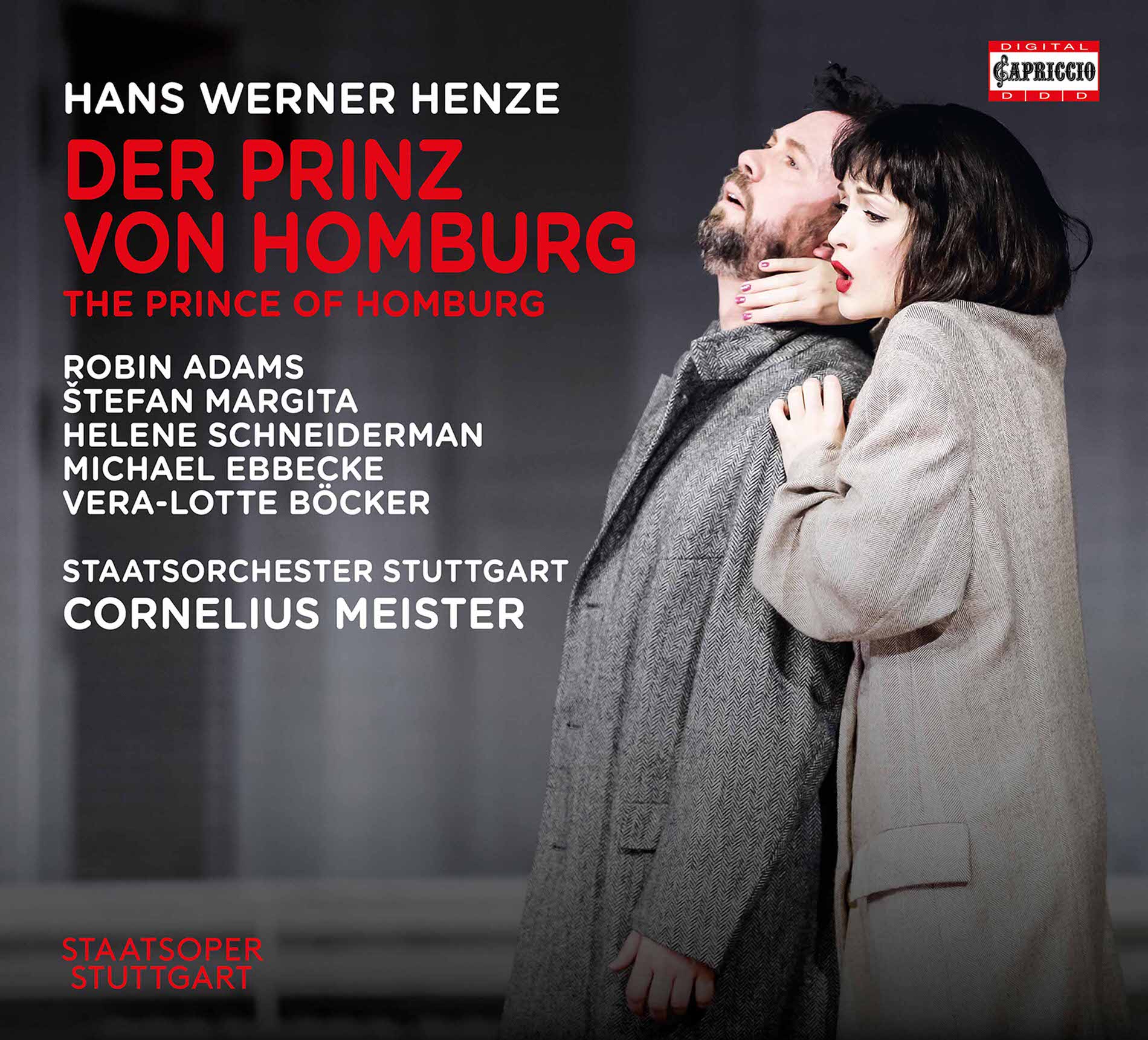
Hans Werner Henze - Das verratene Meer
Sowohl Yukio Mishimas Romanvorlage „Gogo no Eiko“ als auch Hans Werner Henzes darauf basierende Oper „Das verratene Meer“ entwerfen ein klaustrophobes Szenario der Ausweglosigkeit, in dem das Ringen um Normalität zum Scheitern verurteilt ist. Die Live-Aufnahme vom Dezember 2020 (ohne Publikum) an der Wiener Staatsoper wurde von der Kritik nach Radio-Konzerten begeistert aufgenommen: „Simone Young hatte in der Wiener Aufführung den orchestralen Riesenapparat fest im Griff und sorgte mit einem vorzüglichen Sänger-Ensemble für einen Opernabend, der in Erinnerung bleibt“.

Jaromir Weinberger - Frühlingsstürme
Der tschechischstämmige Komponist Jaromir Weinberger, am besten bekannt durch seine Oper Schwanda der Dudelsackspieler, musste nach Amerika fliehen, um dem Naziterror zu entkommen. Frühlingsstürme, 1933 aufgeführt, aber bald von der Nazi-Regierung abgesetzt, war die letzte Operette der Weimarer Republik. Sie ist von kultureller Komplexität, verbindet ernsten Opernstil mit leichter Komödie und präsentiert eine spannende Geschichte über eine dem Untergang geweihte Liebesaffäre gegen den Krieg zwischen Japan und Russland. Diese aufwendige Produktion wird von dem preisgekrönten australischen Regisseur Barrie Kosky inszeniert.

Hans Werner Henze - Die Bassariden
52 Jahre nach der Uraufführung kehrt Hans Werner Henzes Werk „Die Bassariden“ wieder zu den Salzburger Festspielen zurück. Unter der Leitung von Kent Nagano war 2018 ein Revival des modernen Klassikers in einer höchst psychologischen Inszenierung von Krysztof Warlikowski zu erleben. Sich der Aktualität der Geschichte bewusst, stellt der Regisseur den starken Kontrast zwischen Dionysus, der berauschende Exzesse und Sinnlichkeit predigt, und seinem Cousin König Pentheus, der ein von Reinheit und Askese geprägtes Leben führt, heraus. Ein personifizierter Kampf, der die königliche Familie letztendlich in eine Katastrophe führt. Star-Dirigent Kent Nagano, der Henze sehr nahe stand, nahm für die Festival-Aufführung der Bassariden den etwa 20-minütigen Ausschnitt »The Judgment of Calliope« aus der Originalpartitur mit auf, um dem dionysischen Kult in der Oper eine neue Dimension zu verleihen. Die Aufführung in der Felsenreitschule verzeichnete eine ausnahmslos herausragende Besetzung mit dem jungen US-Tenor Sean Panikkar in der Rolle von Dionysos, Russel Braun als seinen Gegner Pentheus, aber auch Tanja Ariane Baumgartner und Vera-Lotte Böcker, die auf höchstem Niveau gesungen haben.

Beethoven - Symphony No. 9 & Shostakovich: Symphony No. 13
Michael Sanderling, Dresdner Philharmonie, Torben Jürgens (bass vocal), MDR Rundfunkchor, Bernhard Berchtold (tenor), Kristina Stanek (alto), Vera-Lotte Böcker (soprano), Estnischer Nationaler Männerchor (RAM), Mikhail Petrenko (bass vocal)

Hans Werner Henze - Der Prinz von Homburg
„Aber man sage mir, wer hätte mir ein besseres Libretto geschrieben als mein Freund Heinrich von Kleist? Als ich nach einer Sprache suchte, in deren Vereinigung meine Musik Neues zu leisten hätte, eine Sprache, auf die meine Musik aus war, ist mir der ‚Prinz‘ in den Weg gekommen.[…] Die Spannung zwischen dem Sein eines Einzelnen und der Staatsräson, Fragen der Missachtung von Gesetz und Ordnung, das Zittern eines Menschen vor der Gewalt der herrschenden Macht, der Mut, sich ihr zu widersetzen – all das könnte auch heute oder hätte vor tausend oder zweitausend Jahren sein können. […] Mehrere Bemühungen in meinen Arbeiten der letzten Jahre scheinen durch dieses Drama an einem neuen Punkt angelangt zu sein, nämlich einer neuen Mehrstimmigkeit und ihren damit verbundenen, frei gewählten Rigueurs.” (Hans-Werner Henze)